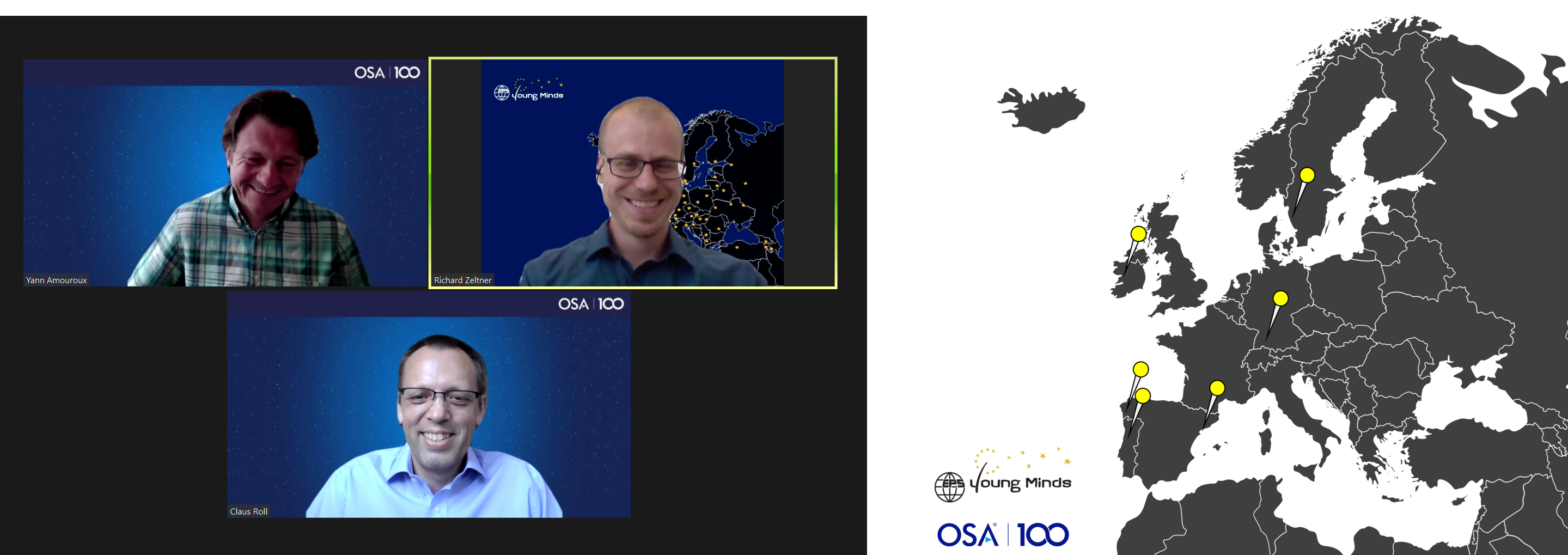Author: EPS Young Minds
More and more young scientists decide to pursue a career in the
private economy sector. A very special way to make this transition from
working in academia to working in industry is starting up your own
company. Yet, despite the challenges and the fact that the academic
curriculum does little to prepare science students for the business
world, there are many young scientists taking this step each year,
frequently building their start-up on technological skills, the network
and the knowledge they have acquired during their PhD.
But what is
needed to be successful? What skills are required? How do I know my
research can be transformed into a product the market wants? What are
the stumbling stones? How to acquire funding? These are just examples of
the many questions that occupy young researchers seeking their own
business.
To address and discuss these and the many other open
questions the EPS Young Minds Programme and the European office of The
Optical Society (OSA) teamed up and organized the webinar series “From
PhD to CEO”. In 6 sessions founders from Germany, Spain, Portugal,
Sweden and Ireland shared their insights, the experiences they made and a
honest perspective of all ups and downs of the entrepreneurial world.
Reaching
an international audience well beyond Europe and with more than 500
registrations, the series was extremely well received, considering the large success of the event, the preparations for a second edition
are currently ongoing, aligned with the agenda of the current EPS
presidency that puts a higher emphasize on the relations to industry and
related activities.
EPS YM and OSA Europe would like to thank the
speakers for participating in the series once more. The recordings of
the event are available on the website of the OSA.

(Left) Yann Amouroux (OSA Europe), Richard Zeltner (EPS YM) and Claus
Roll (OSA Europe) discussing the second edition of “From PhD to CEO”
online. (Right): The first edition featured founders from 5 different
countries and the fields of space optics, quantum optics, photonic
integrated circuitry, optical tweezers and biophotonics, as well as
photonic and optic component retail.